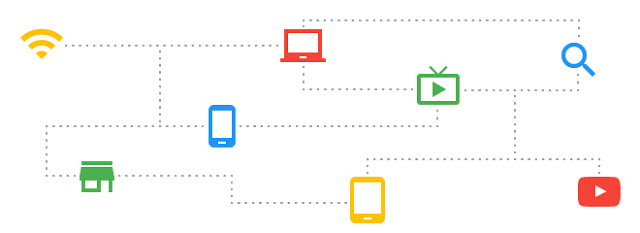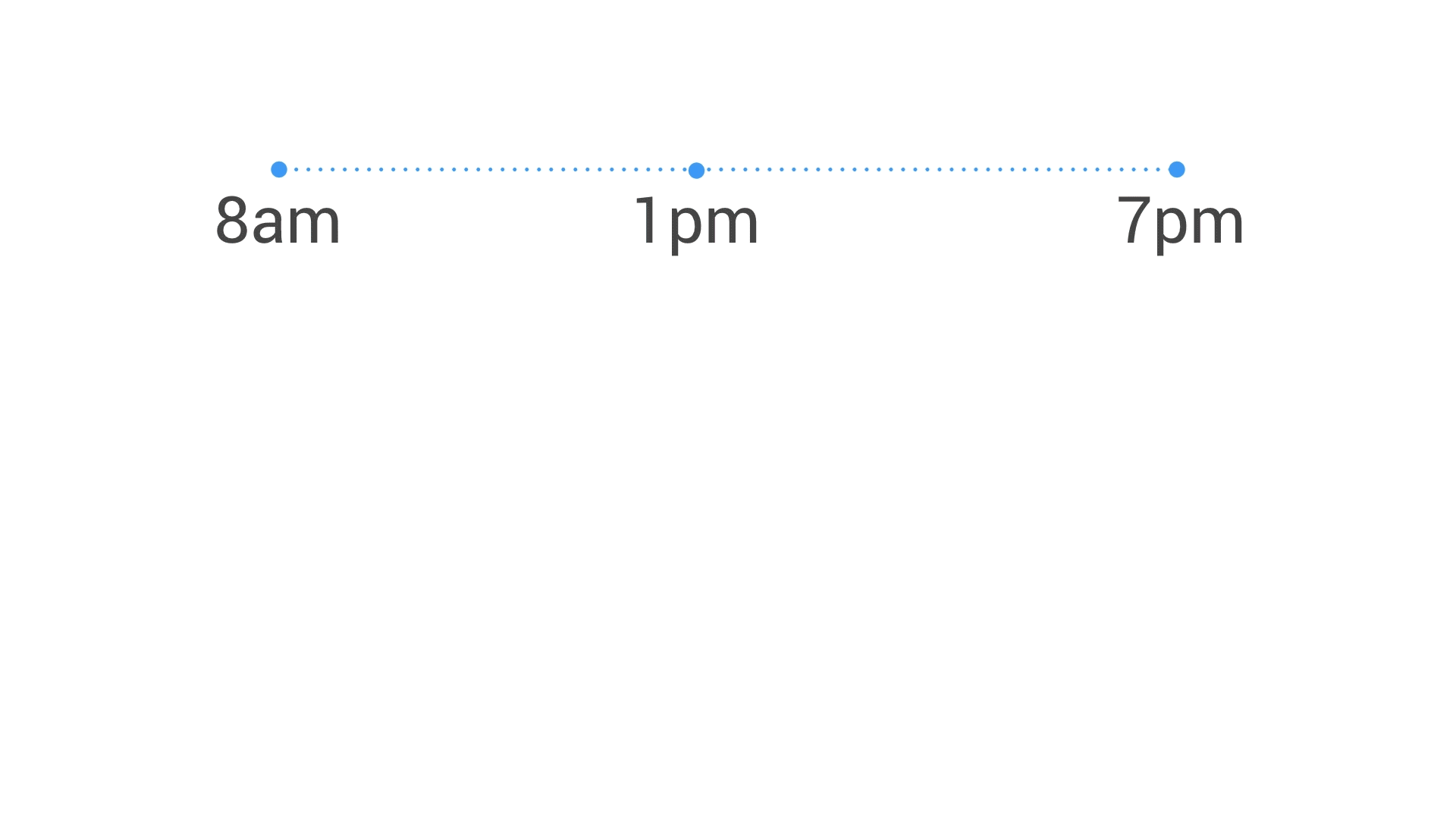Mobile user behavior scenarios have pushed Google AdWords to introduce end-to-end remarketing

The expansion of mobile devices has led to the emergence of new consumer behavior scenarios. Often these scenarios are at the junction of online and offline. For example, many people pick up goods on the Internet, and then go to buy them in an offline store. Someone sees the product in television advertising, and then goes on the Internet to learn more about it.
Google has announced the launch of cross-device remarketing. Advertisers will be able to show ads to the same users on different devices. To do this, and will launch campaigns remarketing.
')
Like on Facebook, only authorized users can be reached with Google remarketing.

The company gave the following example of using cross-device remarketing:
“Suppose you are a retailer and want to launch your own Halloween campaign. Thanks to this remarketing, you can first inform users that Halloween is close by showing [on the smartphone screen] a corresponding announcement during their morning trip to work. Later in the afternoon you can show [on the laptop screen] an advertisement of a special offer for thematic decorations, and in the evening when the user of the house turns on the tablet, the recipes ”According to Google, most online conversions still involve more than one device. According to a joint Google / Ipsos study, 60% of online conversions in the US start on one device, and end on another. In addition to the US, Google plans to launch a remarketing service worldwide.
On September 13, the Google AdWords team presented three new features to the public to help manage multiple accounts:
- Single email for multiple accounts. Now Google AdWords users can link up to 5 accounts (including managers) to one email address.
- Add users in one click. Added users will be able to start work immediately after the invitation. No confirmation is required for this.
- Switch between accounts. To do this , simply enter the email addresses and passwords for each account using the "Add Account" button.
Earlier, Google AdWords developers planned to include zero keyword quality scores in reports from September 12, 2016. However, the situation has changed, and the innovation was moved to October 10.
Starting October 10, the keyword’s Quality Score will be replaced with dashes (-) if there are not enough impressions and clicks to determine it. Keywords for which there is no data will be excluded from reports and rules filtered by quality score. However, this setting can be changed as desired.

The date was postponed to give advertisers more time to check reports, filters, rules and scripts.
But remarketing still remains the main news: now instead of the expression “who is looking for - he will find”, it becomes even more relevant “go online - and you will be found”, whatever device you use.
Source: https://habr.com/ru/post/311204/
All Articles